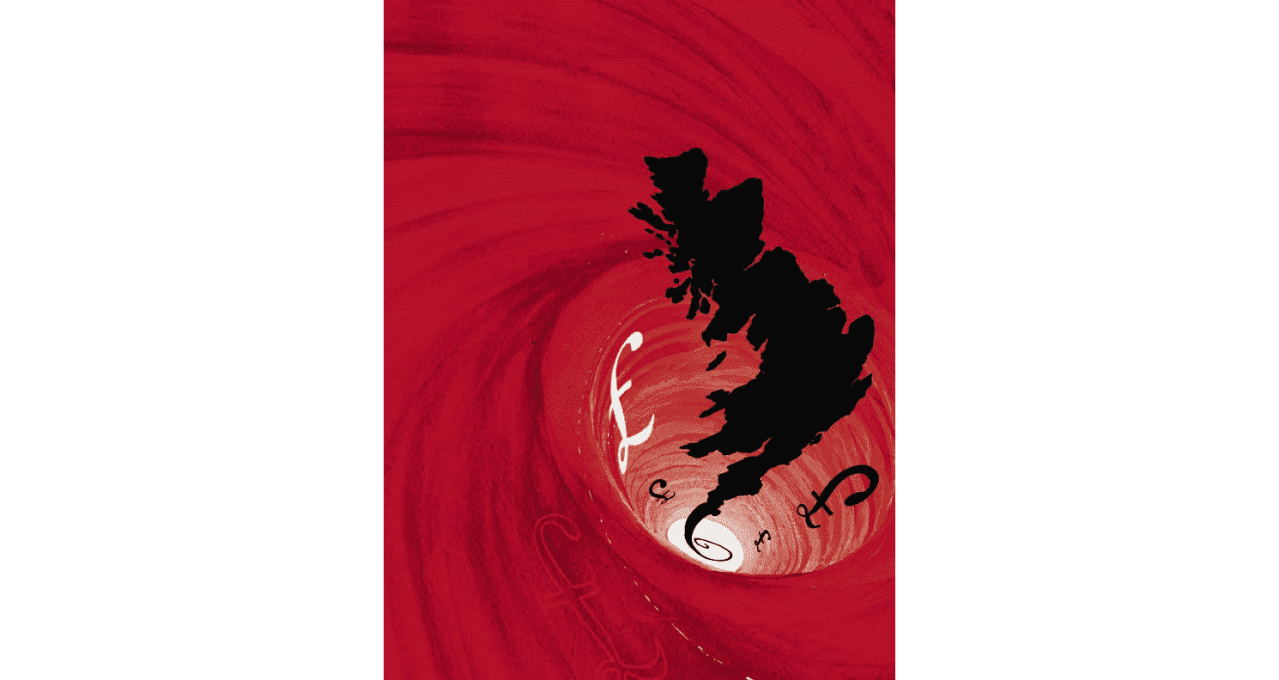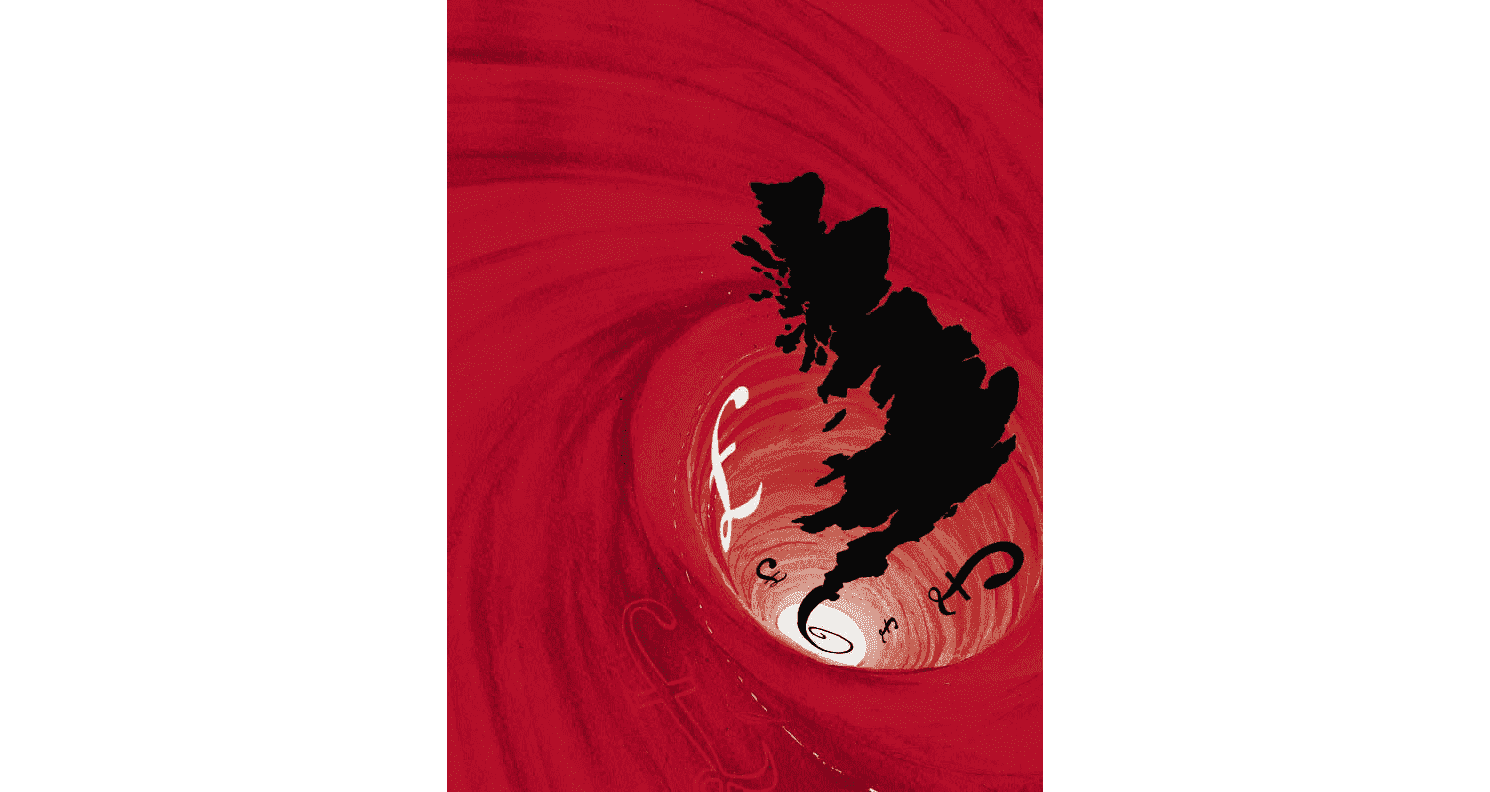Are wages about to spiral out of control? Boris Johnson certainly thinks there’s a risk. Last week he warned that the economy was ‘steering into the wind’ and that the UK could be entering a 1970s-style malaise.
With inflation shooting up to 9 per cent – and expected to go higher still – rail workers are embarking on the first of three days of industrial action today, demanding a minimum pay rise of 7 per cent. Network Rail has offered just 2 per cent, with the potential for an extra 1 per cent on top if they can meet productivity targets later this year. Barristers too have voted for a walkout, and teachers and doctors are threatening to join the strikes. Speak to people in Westminster and there is a prevailing sense that there is only one way to stop runaway inflation: keeping wages down.
The wage-price theory is simple enough: higher costs mean workers demand higher pay, higher pay then pushes prices further upwards, and a vicious circle ensues.

Get Britain's best politics newsletters
Register to get The Spectator's insight and opinion straight to your inbox. You can then read two free articles each week.
Already a subscriber? Log in










Comments
Join the debate for just $5 for 3 months
Be part of the conversation with other Spectator readers by getting your first three months for $5.
UNLOCK ACCESS Just $5 for 3 monthsAlready a subscriber? Log in